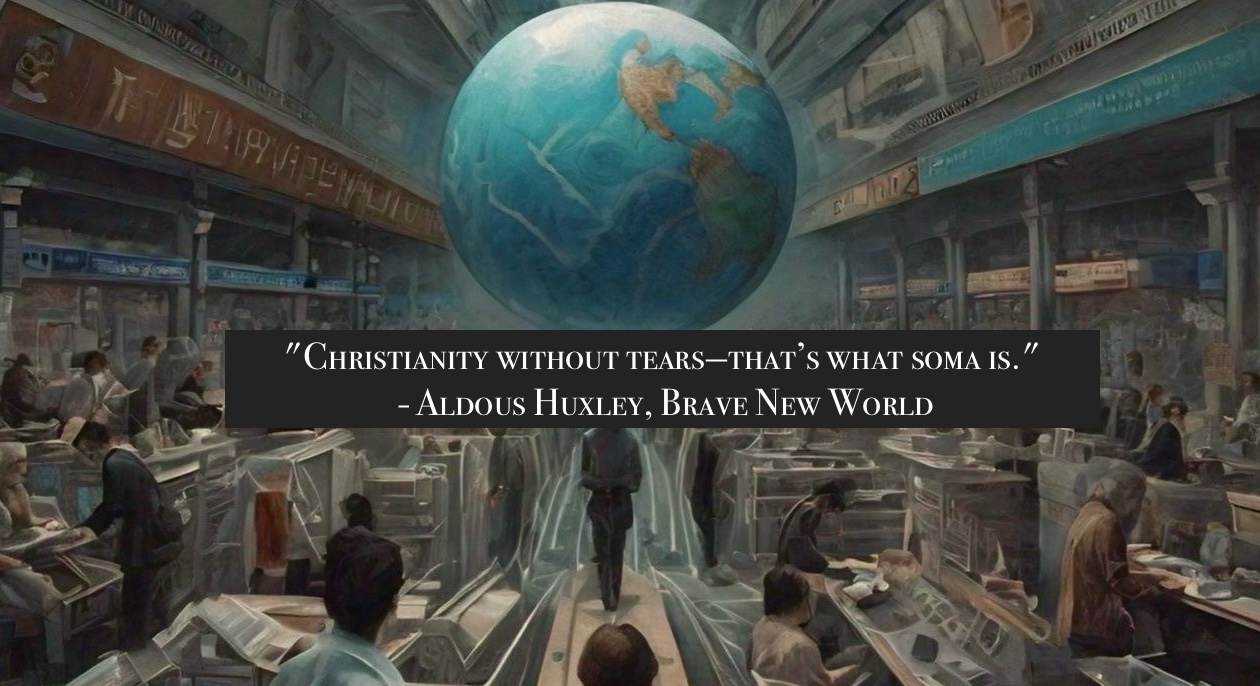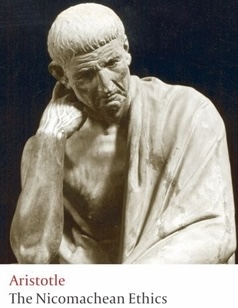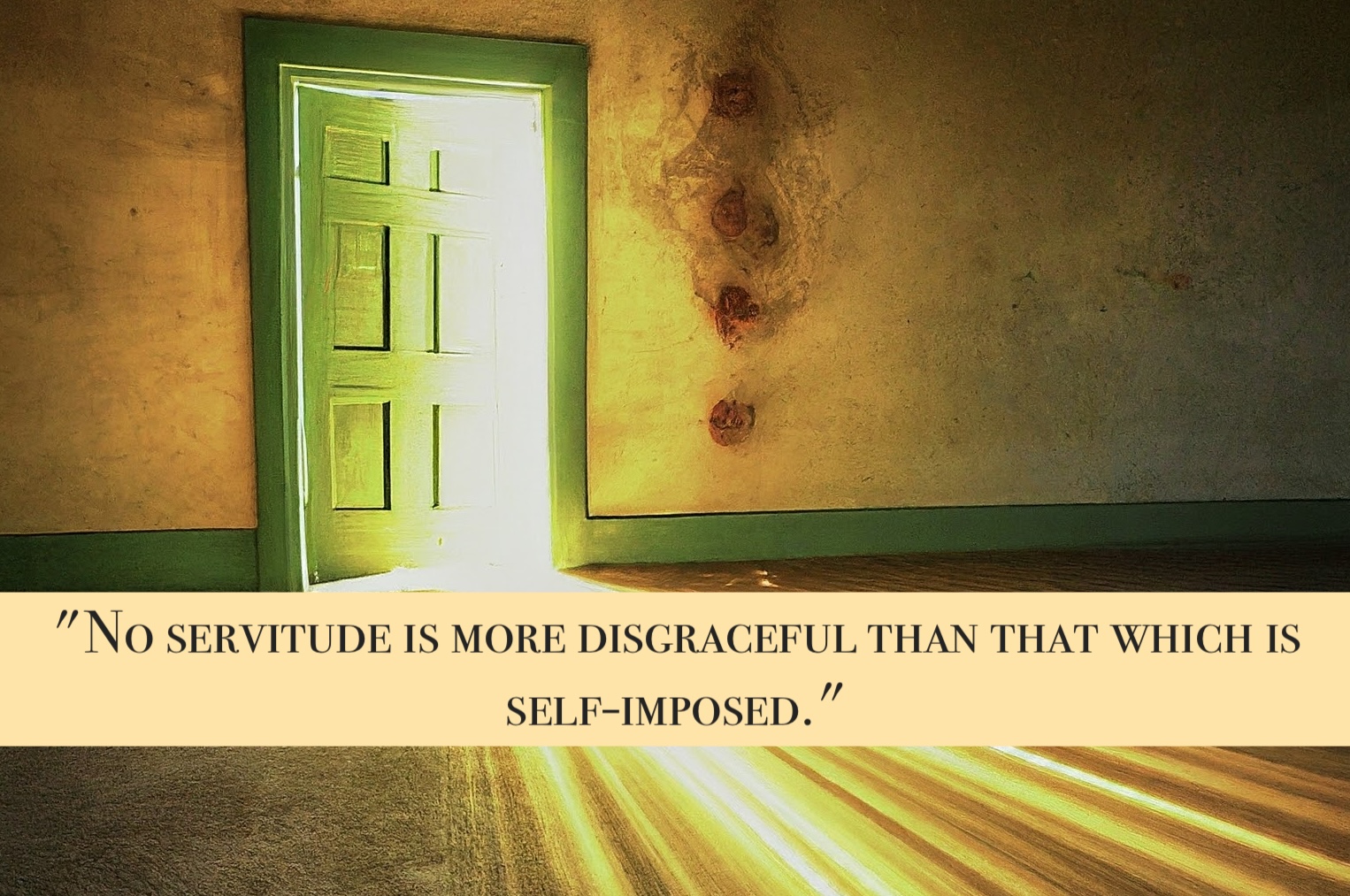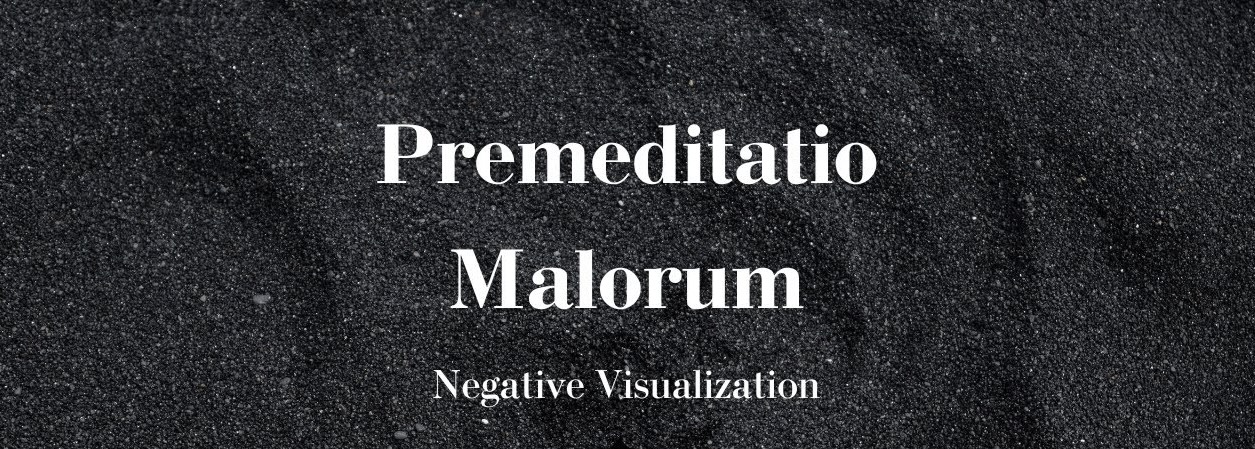Reflections on Tomorrow: Are We Living in a Brave New World?

Imagine a utopian world with happiness, technological advancements and free from wars, disease both mental and physical, and all the modern day conflicts. Well, here it is: Aldous Huxley's "Brave New World", where the society is intricately woven with the threads of science and technology, where individuality is stifled, pleasure is the ultimate pursuit, and consumerism reigns supreme, ensnaring individuals in a system of which they remain blissfully unaware. The disquieting realization struck me upon delving into this dystopian novel – we are perhaps dangerously close, if not already living, in this perilous world.
For those who haven’t read it, written in 1931 in the shadow of First World War, the Wall Street Crash, and the introduction of the Assembly Line by Henry Ford, Brave New World is the description of a nightmare society where perpetual happiness is guaranteed by eradicating the free will of the populace through genetic engineering and Pavlovian conditioning. The masses are kept perpetually entertained with endless distractions, and the wonder drug Soma is offered generously to ensure happiness even in the face of potential discontent.
In 1958 book Brave New World Revisited, Huxley wrote the following:
“If the first half of the twentieth century was the era of the technical engineers, the second half may well be the era of the social engineers — and the twenty-first century, I suppose, will be the era of World Controllers, the scientific caste system and Brave New World.”
Aldous Huxley, Brave New World revisited
Huxley's dystopian vision unfolds in a world where children are artificially produced through genetic engineering, following the Bokanovsky's Process—a fictional process of human cloning. Huxley's disturbing world consisted of citizens who are socially and hypnopaedically conditioned to create distinct classes: Alphas, Betas, Gammas, Delta, and Epsilons.
"Solved by standard Gammas, unvarying Deltas, uniform Epsilons. Millions of identical twins. The principle of mass production at last applied to biology."
Aldous Huxley, Brave New World
In this World State, the highest caste, Alpha, is made up of citizens genetically engineered to be intelligent, strong, and beautiful. The lowest caste, the Epsilons, are short, ugly, stupid, and treated as slaves. Each of the castes is forbidden to intermingle. Is a scientific caste system possible today?
While the human assembly line remains a futuristic fantasy, the seeds of Huxley's World State are sown in our time. The rise of CRISPR and Gene Editing presents the first steps towards a society where individuals can selectively engineer their offspring for desirable traits. Imagine what would happen if people could genetically make children with higher IQ, taller, stronger and disease free. How will this be different from Huxley's World State?
Huxley's World State lives by a motto: Community, Identity and Stability depicting that individual expression and non-conformity are non-existent. Free will and free thoughts are discouraged in this dystopian world. Just like the citizen on this World State, we are dependent on the technology and the excessive use of social media has discouraged freewill and free thoughts. In our modern society, most people genuinely can’t go thirty minutes without wanting to check their phones. We have, just as Huxley predicted, made it possible to abolish boredom and time for spare thoughts no matter where you are.
And the introduction of Soma takes it to next level....
Brave New World's favorite pill, Soma makes the World State free from unhappiness and pain and escape from negative feeling and discomfort. No citizen is sad and depressed. Karl Marx once said “Religion is the opium of the people” and Huxley's Soma, is
"Christianity without tears—that’s what soma is."
Aldous Huxley, Brave New World
How is this different from modern world's Antidepressant, Tranquilizers, Opioids, Sleeping Pills, Alcohol and Marijuana? How is this different from instant gratification and constant escapism that we are accustomed in our modern world? In the contemporary landscape, one in eight Americans turns to antidepressants for mental health, not accounting for those who self-medicate with substances to find solace from depression and anxiety.
Aldous Huxley describes the perception of World State as:
"You can’t make tragedies without social instability. The world’s stable now. People are happy; they get what they want, and they never want what they can’t get. They’re well off; they’re safe; they’re never ill; they’re not afraid of death; they’re blissfully ignorant of passion and old age; they’re plagued with no mothers or fathers; they’ve got no wives, or children, or lovers to feel strongly about; they’re so conditioned that they practically can’t help behaving as they ought to behave."
Aldous Huxley, Brave New World
Perhaps Huxley was right. With the relentless march of science and technology, the prospect of a Brave New World order becomes more conceivable. Once fully instituted, it may signify the ultimate revolution, birthing humans in conditions of technocratic servitude, unchallenged and unresisting.
Huxley’s “Brave New World” may be a dystopian vision, but it offers us invaluable insights into our society and the potential pitfalls that lie ahead. The ending of Huxley novel was disturbing. To avert a similar fate in the modern world, the imperative lies in enhancing critical thinking, championing free will, celebrating individuality, fostering resilience in the face of challenges, and unwavering commitment to truths. As we navigate the path ahead, Huxley's "Brave New World" remains a beacon, illuminating the shadows that may envelop our society if we fail to tread carefully.




Leave a Reply
You must be logged in to post a comment.